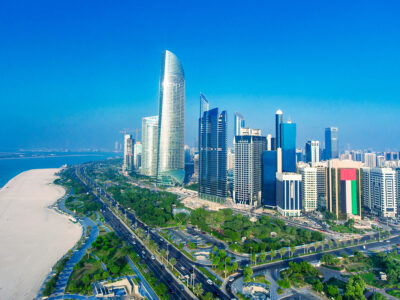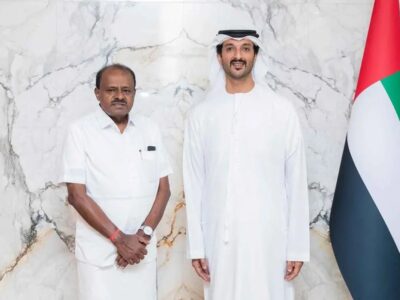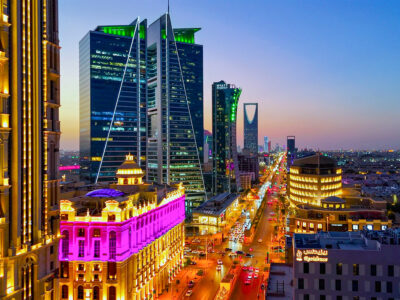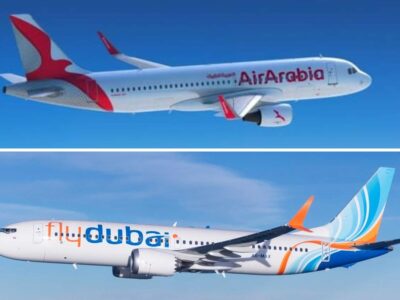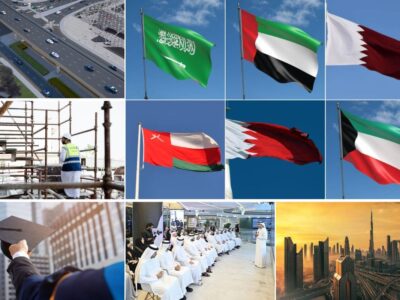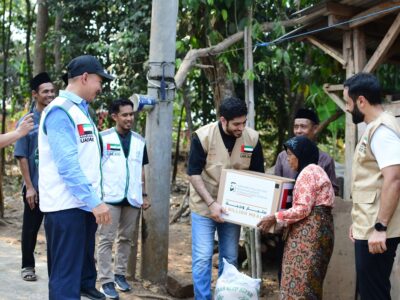Under the guidance of its leaders, the UAE is accelerating full throttle when it comes to pursuing its sustainability strategies, in keeping with the mounting calls for a more sustainable future. Measurable action plans are enshrined in the UAE Vision 2021, its economic diversification policy and other initiatives, with far-reaching socio-economic benefits.
One of the goals of UAE Vision 2021, for instance, focusses on waste management in which the target is to divert 75 percent of waste from landfills five years from today. By 2030, a 98 percent diversion rate is being eyed.
This can be attained through intensive efforts promoting the practice of reuse and recycling in local communities. It is the reason we see more recycling bins installed in the country to facilitate recycling among citizens and residents. Furthermore, the government has imposed tax on landfills to push commercial enterprises and businesses to boost their recycling efforts.
To further reduce landfills by 2030, the government has enacted key waste management policies. Embarking on waste-to-energy (WTE) initiatives without a doubt plays a key role in significantly reducing the volume of waste going to landfills, in addition to protecting the environment from further harm due to human activities.
Such initiatives make waste a viable power and thermal energy alternative and are aligned with the government’s all-encompassing renewable energy programmes.
Why are these government programmes highly significant? It is because the UAE is known to be one of the largest producers of waste in the GCC region. In fact, as per the report released by Eco-Waste Conference, about 29 million tonnes of rubbish will likely be generated in the UAE in 2017. According to official estimates, only 20 percent of this is recycled. That alarming finding has prompted the implementation of intense campaigns from the government and private sector alike to reverse the trend.
As a result, the UAE is now at the forefront of rolling out national waste management projects as it continues to develop a waste management strategy that integrates newer technologies to allow flexibility in meeting current and changing future requirements.
With the country’s preparations for World Expo 2020, the government is expected to put in more effort to curb food wastage and other types of waste.
Is the UAE catching up with the recycling trend? The answer is definitely in the affirmative. All around, there is an increased recycling efforts across entities and communities.
Many clean-up events are also being hosted in the UAE to boost cleanliness and recycling, while various awareness programmes are being launched to highlight the significance of reuse and recycling. Further, a large percentage of the Expo 2020 site will be built from recyclable materials and powered with renewable energy. More intensified efforts are projected on the horizon amidst advancements and innovations in the country.
The market potential for waste in the UAE could double by 2020, according to market analyst Frost & Sullivan, which also highlights that current practices of collection and transportation will have to dramatically change in the coming years.
The country has a zero-waste target by 2030, which would require sustainable solutions starting from waste segregation at the source and in materials recovery facilities, environment-friendly treatment, waste-to-energy facilities and other related technologies.
The UAE is well on its way towards sustainability amidst the concerted efforts of all sectors.

Jamal Abdullah Lootah, CEO at Imdaad.
